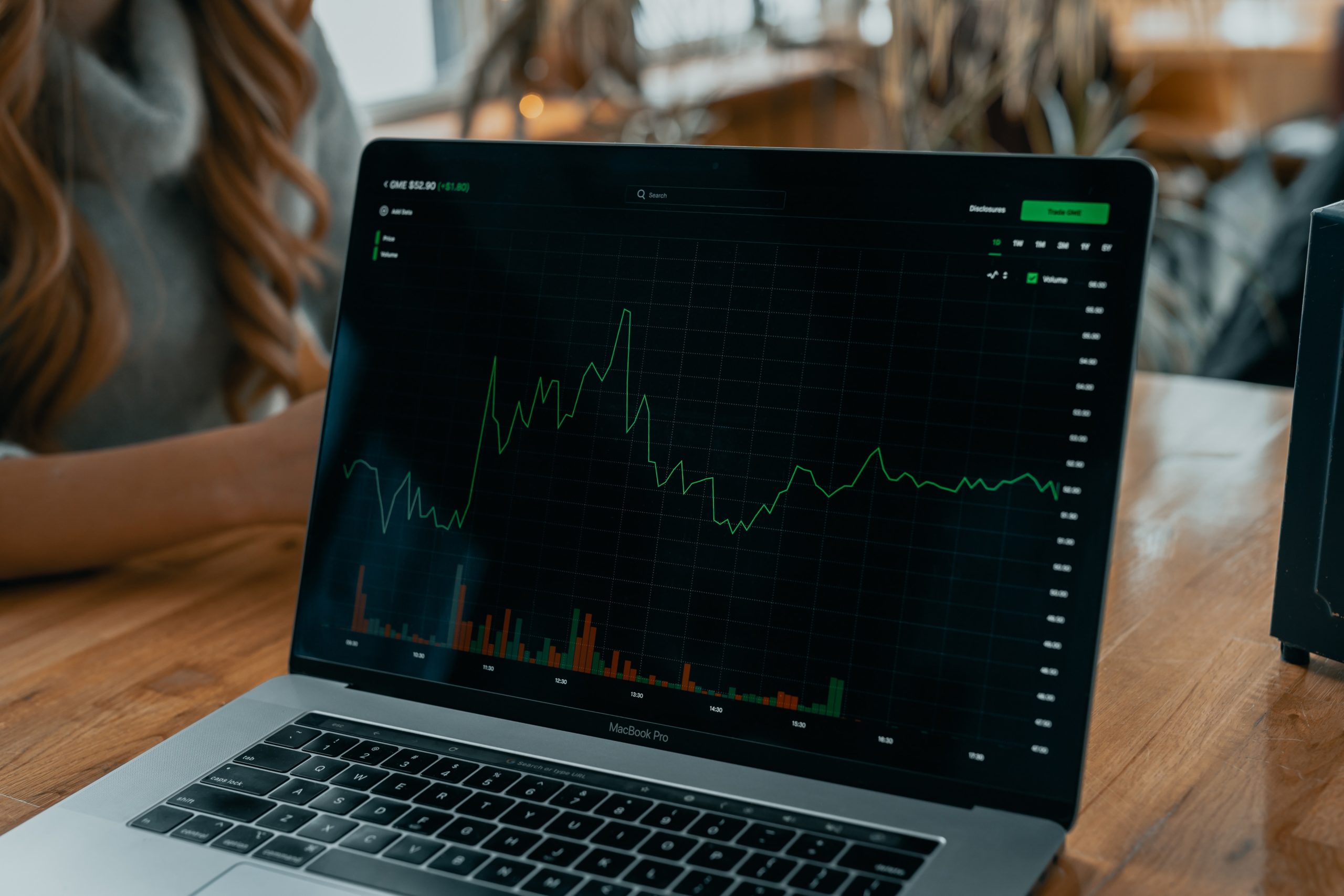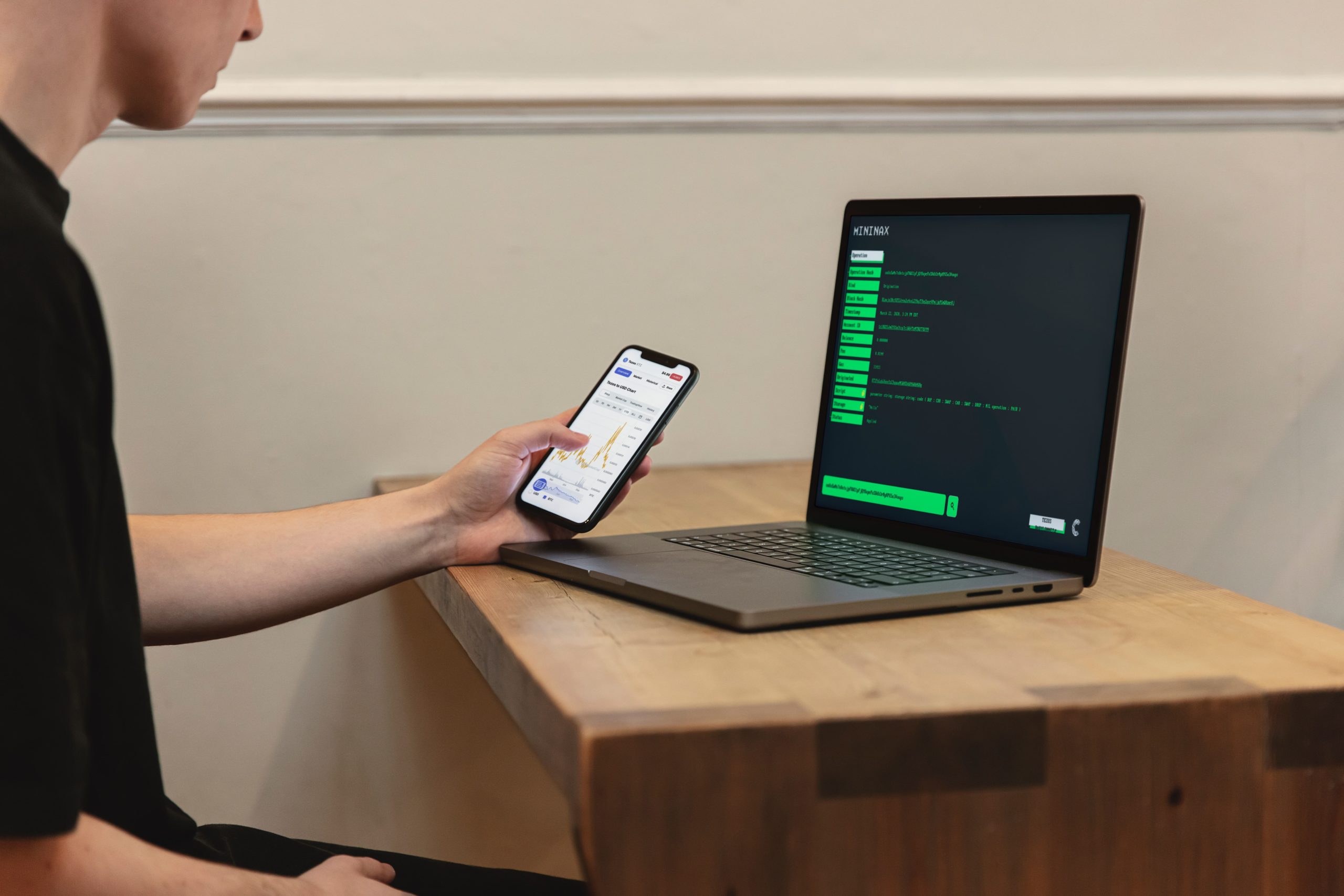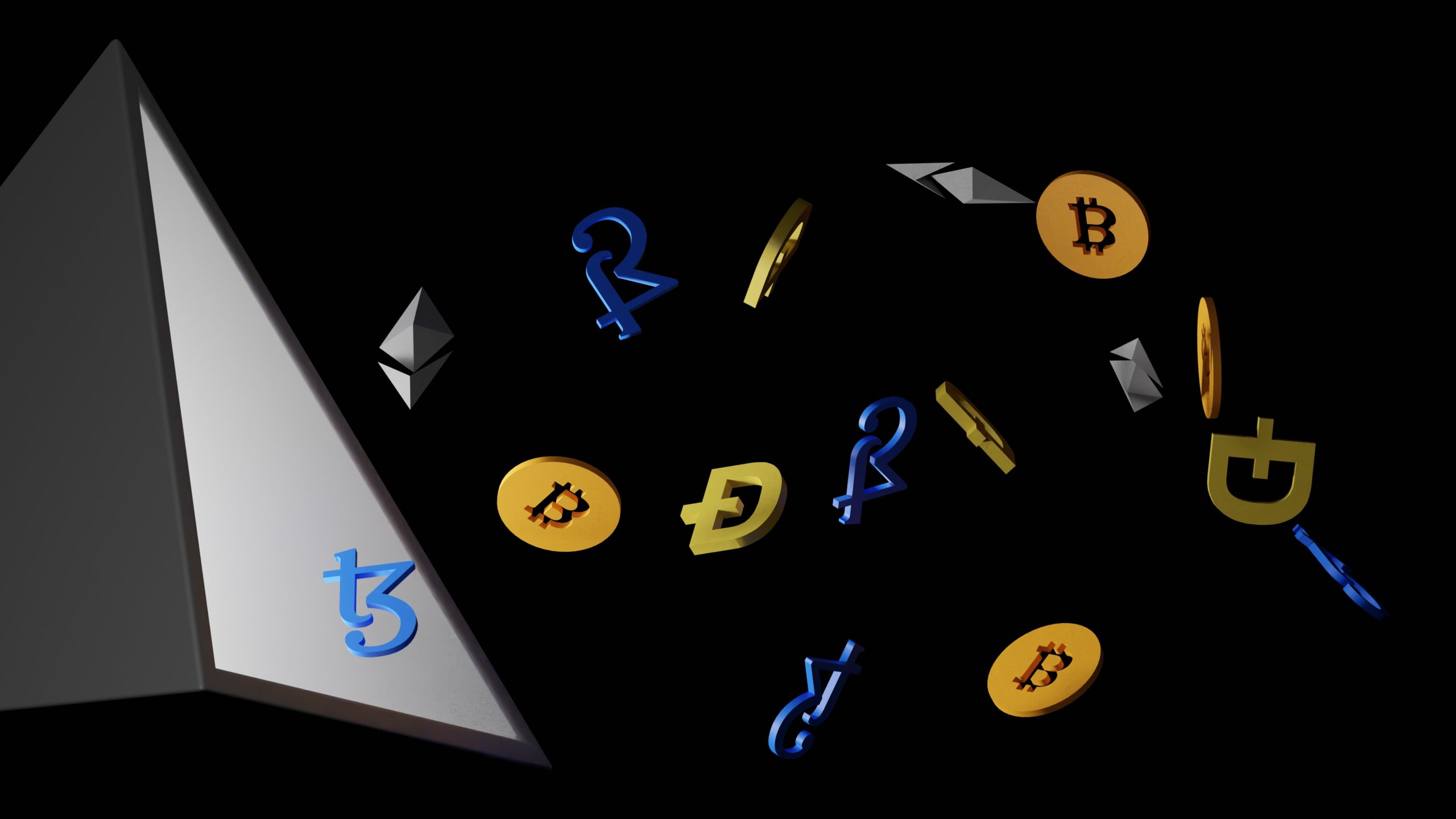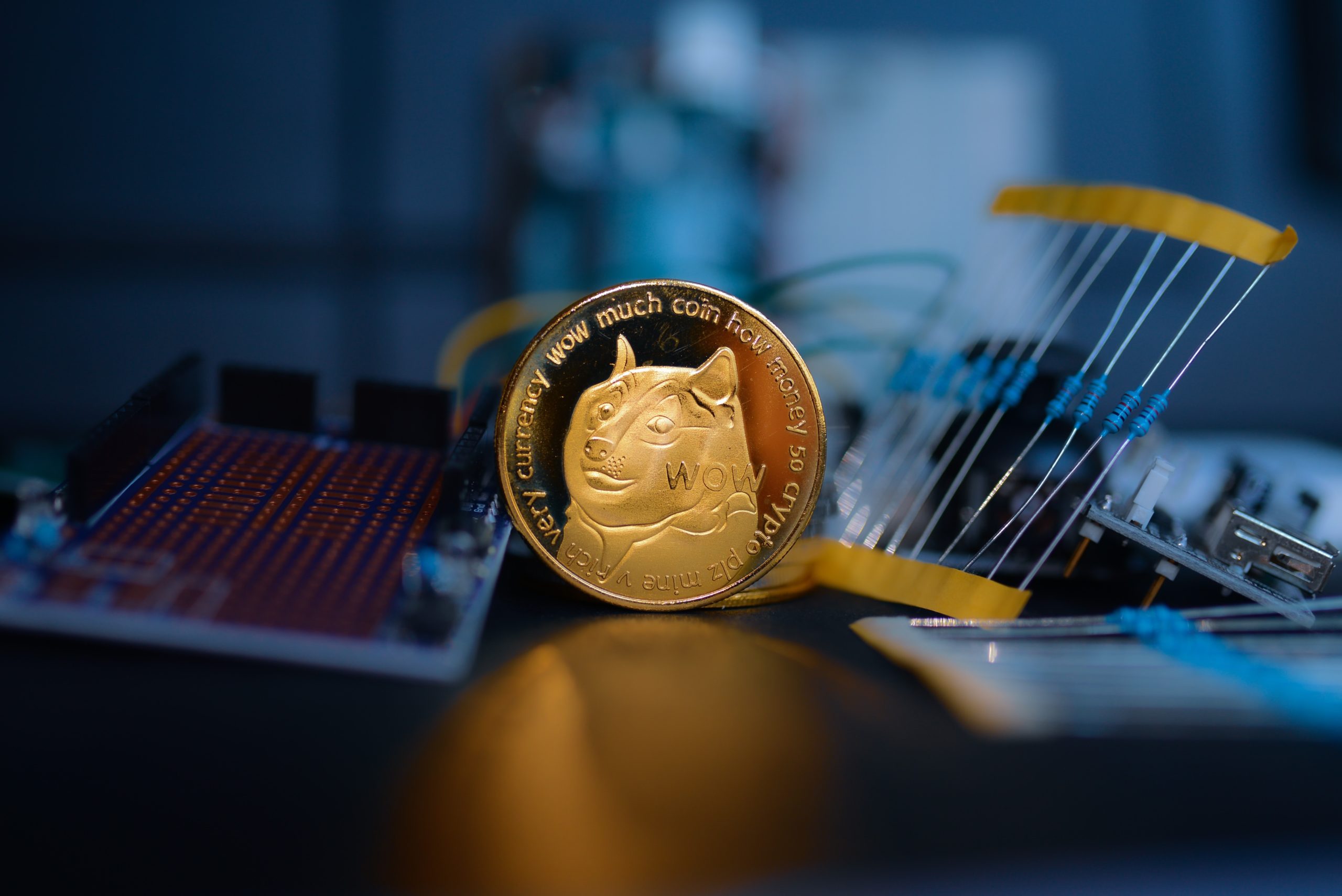DEX also known as a decentralized exchange is a peer-to-peer marketplace, where the transaction is direct between traders; peer-to-peer refers to a marketplace that connects both buyers and sellers of crypto, usually, they are non-custodial allowing users to control the private keys to their wallet. A private key is an advanced encryption that allows users to access cryptocurrencies in their wallet The transaction facilitated through the self-executing agreement written with coding is called a smart contract.
DEXs are applauded for fulfilling one of crypto’s core possibilities of fostering financial transactions that don’t include banks, brokers, or any intermediary; DEXs were created to remove authority power to oversee and control trades performed in any exchange.
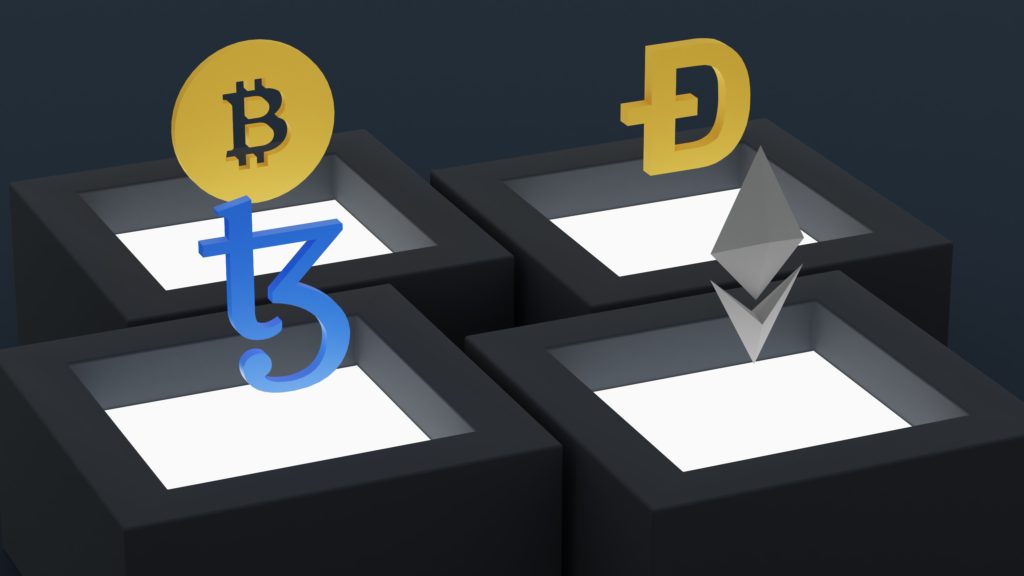
There is popular DEX like Uniswap and Sushiwap, running on the Ethereum blockchain and they are also a part of the growing suite of decentralized finance (DeFi) tools, amassing a huge range of financial services which are available from a compatible wallet.
DEXs innovations have solved the liquidity-related problem and helped attract users to decentralized finance (DeFi) and contributed to the growth. DEX has boosted the growth of decentralized platforms that trade offering a better rate for users.
How DEXs works
Decentralized exchanges are built on blockchain networks, supporting smart contracts and taking custody of users’ funds, each trade incurs a transaction and trading fee. The users interact with the smart contract to use DEXs.
Decentralized exchanges have three main types: Order book DEXs, Automated market makers, and DEXs aggregators. They allow users to trade directly through a smart contract.
How to use DEX
There is no need of following the long process of signing up or providing emails to be able to interact or trade on the decentralized exchange platforms. What is needed is a wallet that is compatible with the smart contracts on the exchange you are registered to the network. Users with a smartphone and an internet connection can also benefit from the financial services the DEXs supply.
To start using DEXs, first, decide on the network you want to use, also know that each trade incurs a transaction fee. Then choose a wallet that is compatible with the network you are using and fund with the wallet’s native token (a native token is a token used for payment of transaction fee in a specific network).
Advantages of using a DEXs
The numerous advantage of using a decentralized exchange platform include:
Availability of tokens
Decentralized exchanges don’t have to vet tokens or check if they comply with the local regulation before listing them. Since the token is minted on the blockchain they are built upon, they are likely to be listed on these exchanges for trade.
Anonymity
DEXs observe and preserves users’ anonymity. Subscribers don’t need to go through the process of KYC for standard identification, DEXs on the other hand attracts a large number of people that wants to trade on the low.
Reduced security risks
Traders in DEXs guard their funds, making their interactions with the exchange at will, the platform has no control or access to the cryptocurrency in their wallet.
Reduced counterpart risk
Counterparty risk occurs when one party involved in a transaction does not fulfill his/her part of the deal as a contractual obligation. The risk is eliminated since the DEXs operate without any intermediaries but based on smart contracts.
Disadvantages of using DEXs
Despite the numerous benefits, it has some disadvantages, they are:
Specific knowledge is required
To be able to access DEXs, cryptocurrency wallets are required to interact with smart contracts. Users have to know how to use this wallet and understand security-related concepts in keeping funds secure. Funding the wallet will have to be with the exact native token or it get stuck and the trader will not be able to pay the fee required to move them.
Smart contract vulnerability
Smart contracts on blockchains like Ethereum available to the public can make code easily reviewed by anyone. Only large decentralized exchanges employ reputable firms to be audited helping to secure the code. Auditors may also be unable to foresee potential exploits that may cost liquidity providers their tokens.
Unvetted token listings
New tokens can be listed by anyone on a decentralized exchange, providing liquidity by pairing them with other coins. Investors might be susceptible to scams.
Evolution of decentralized exchange
Inconsistency in the operation of DEXs can be hectic and make wrong policies.

